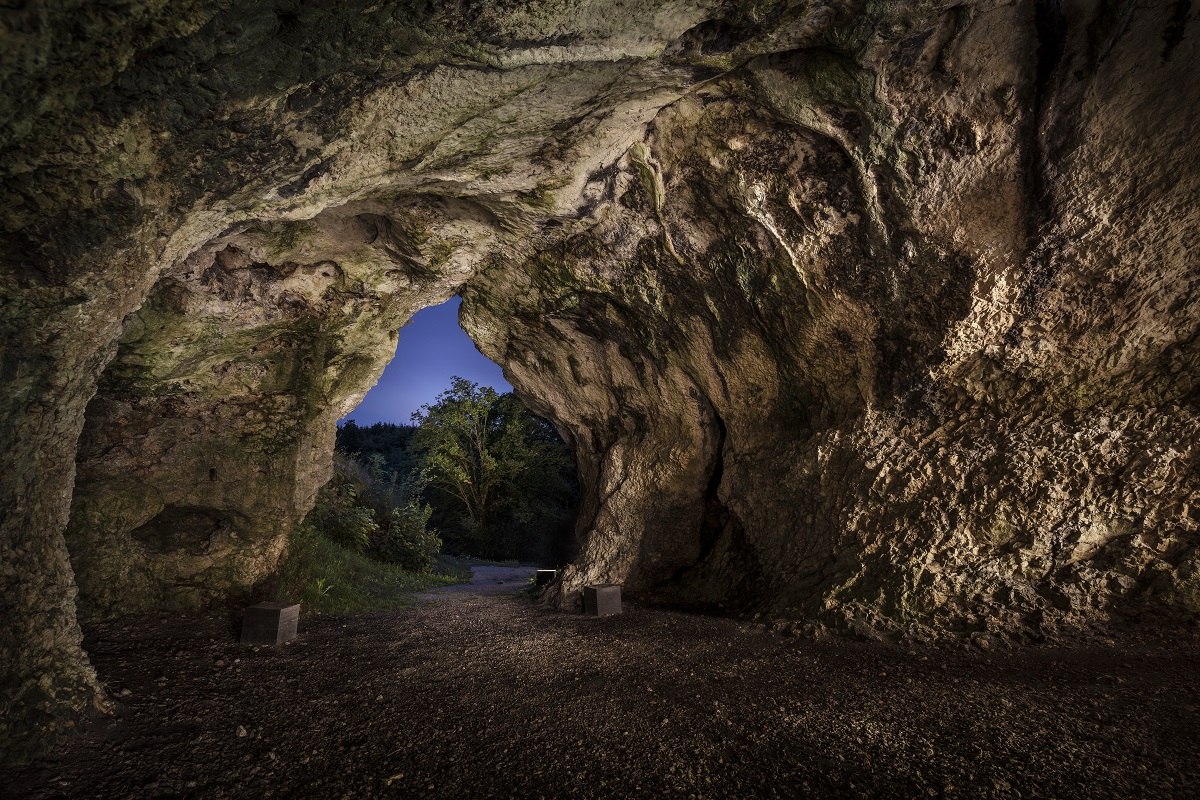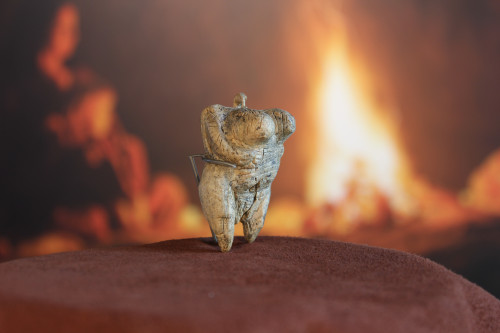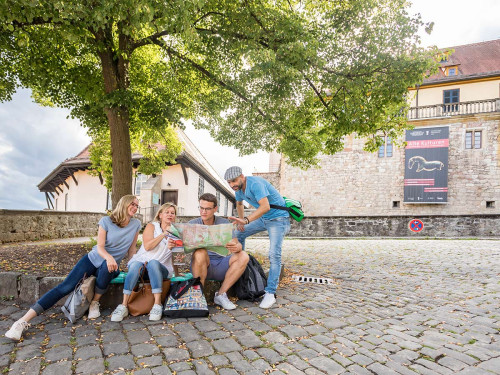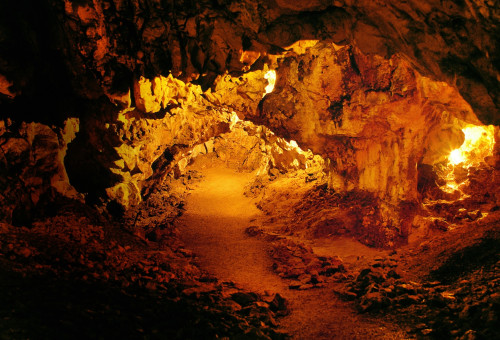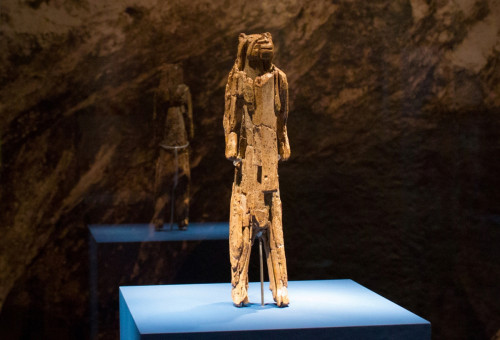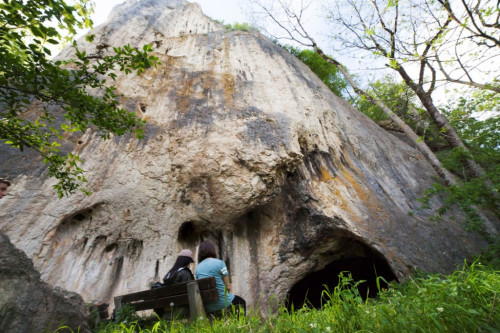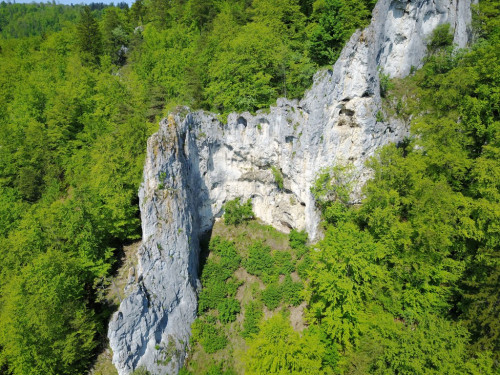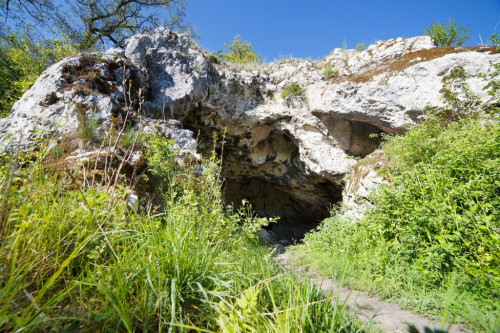UNESCO World Heritage Caves and Ice Age Art of the Swabian Alb
Six caves in the Swabian Alb, where the oldest artifacts of human artistry have been found, have been added to the UNESCO World Heritage List.
The UNESCO World Heritage Site includes the Hohle Fels, Geißenklösterle and Sirgenstein caves in the Achtal and the Hohlenstein, Vogelherd and Bockstein caves in the Lonetal. The caves bear witness to the earliest figurative art in the world and provide important insights into the development of art. Also the oldest worldwide known musical instruments, flutes made of animal bones, were found here.
More information can be found at Iceageart.
Ice Age Art - Sites and Exhibitions
Urgeschichtliches Museum
History museum
Blaubeuren
Museum of prehistory Blaubeuren – Where man came into being!
Museum of the University of Tübingen MUT Ancient Cultures
History museum
Tübingen
The "Vogelherd figurines" are among the most famous exhibits at the "Museum of the University of Tübingen MUT Ancient Cultures" at Hohentübingen Castle. They are among the oldest works of art known to mankind and are exhibits of the UNESCO World Heritage "Ice Age Art".
Hohle Fels
Cave
Schelklingen
The Hohle Fels in the Achtal near Schelklingen is one of the largest hall caves in the Swabian Alb. Excavations are still taking place in the Hohle Fels. Probably the most important find is the "Venus vom Hohle Fels" - the oldest figure of a woman as well as the oldest figurative representation of a human being.
Hohlenstein
Cave
Asselfingen
Site of the world-famous 40,000-year-old mammoth ivory figure "Lion Man" and part of the UNESCO World Heritage Site "Caves and Ice Age Art in the Swabian Jura".
Sirgensteinhöhle
Cave
Blaubeuren
The Sirgenstein is located between Blaubeuren and Schelklingen on the western side of the valley. A mighty rock mass rises above the cave, on which a castle stood in the Middle Ages. The cave is part of the UNESCO World Heritage Site "Caves and Ice Age Art in the Swabian Jura".
Geißenklösterle
Cave
Blaubeuren-Weiler
The Geißenklösterle is located south of Blaubeuren-Weiler in the Bruckfels massif above the Ach river. The find layers reach down to the time of the Neanderthals.
Bocksteinhöhle
Cave
Bissingen ob Lontal
The Bocksteinhöhle is part of the UNESCO World Heritage Site "Caves and Ice Age Art in the Swabian Jura" and freely accessible. Finds from it can be dated back to 50,000 to 70,000 years ago. The Bocksteinhöhle is thus considered to be the oldest settlement complex of the Neanderthal in southern Germany.
